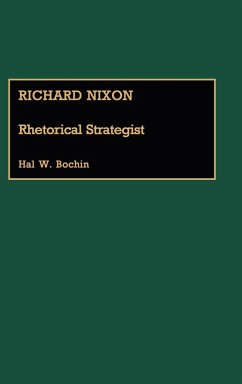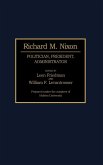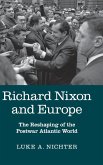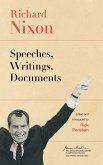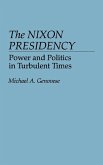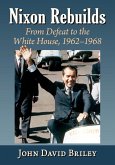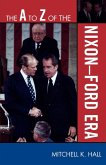Although much has been written about Richard Nixon the man and the politician, comparatively little attention has been paid to Nixon the public speaker. This is unfortunate because it was through public speaking that Nixon, an introverted, private man, first captured public attention, won a seat in the House of Representatives, advanced to the Senate, held on to his vice presidential nomination, lost and won the presidency, and eventually molded a constituency that carried him to one of the most overwhelming presidential election victories in American history. It was also through public speaking that President Nixon attempted to defend himself against charges related to the Watergate incident and sought to save himself from impeachment. When his rhetorical efforts failed to rouse popular support, he had no choice but to resign. This volume examines the combination of personal characteristics and artistic choices that made Richard M. Nixon a successful, albeit extremely controversial, public speaker from 1946 to the present. Based on Nixon's own writings, primary materials found in special collections, a number of rhetorical studies by communication scholars, and historical case studies, the most complete picture yet of Nixon as a rhetorical strategist emerges. The study of Nixon's rhetoric is the study of many important issues, from the alleged threat of subversive communism to Vietnam to Watergate, confronting America from 1946 to 1974. It is also the study of the man himself because Nixon took an active role in the composition of all his important addresses. That both the highs and lows of Richard Nixon's career were marked by public address makes the rhetoric of Richard Nixon a worthy subject for anyone interested in political science, history, or communication and persuasion.
Hinweis: Dieser Artikel kann nur an eine deutsche Lieferadresse ausgeliefert werden.
Hinweis: Dieser Artikel kann nur an eine deutsche Lieferadresse ausgeliefert werden.

